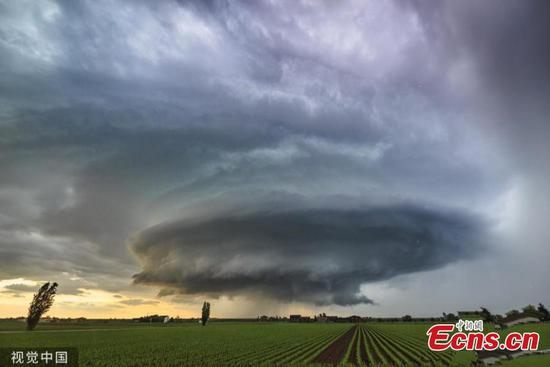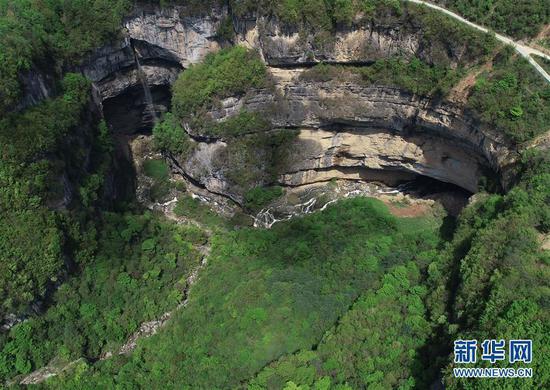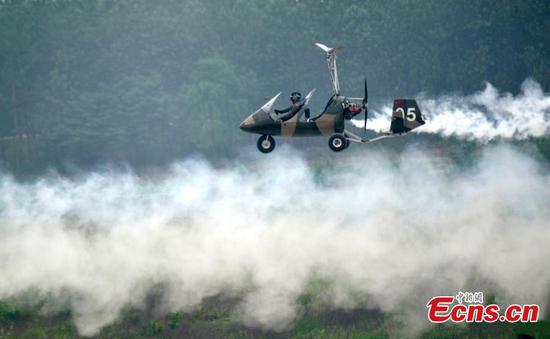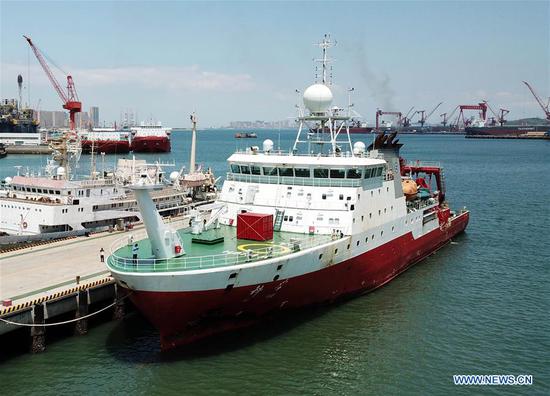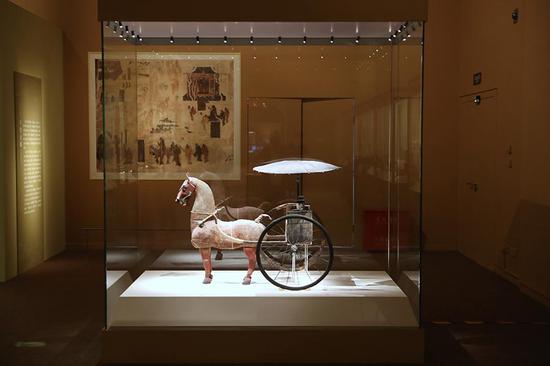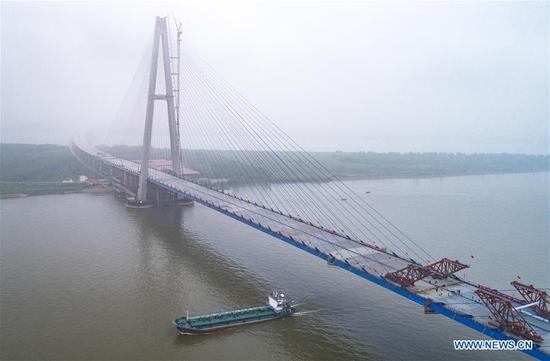Deep learning, a form of artificial intelligence (AI), can detect malignant lung nodules on low-dose chest computed tomography (LDCT) scans with a performance meeting or exceeding that of expert radiologists, researchers at Northwestern Medicine found.
Google scientists developed the deep-learning model and applied it to 2,763 de-identified CT scan sets provided by Northwestern Medicine to validate the accuracy of its new system. They found the artificial-intelligence-powered system was able to spot sometimes-minuscule malignant lung nodules with a model AUC of 0.94 test cases. The cases were pulled from the Northwestern Electronic Data Warehouse as well as other Northwestern Medicine data sources.
The deep-learning system utilizes both the primary CT scan and, whenever available, a prior CT scan from the patient as input. Prior CT scans are useful in predicting lung cancer malignancy risk because the growth rate of suspicious lung nodules can be indicative of malignancy. The computer was trained using fully de-identified, biopsy-confirmed low-dose chest CT scans.
The novel system identifies both a region of interest and whether the region has a high likelihood of lung cancer.
The model outperformed six radiologists when previous CT imaging was not available and performed as well as the radiologists when there was prior imaging.
"The system can categorize a lesion with more specificity. Not only can we better diagnose someone with cancer, we can also say if someone doesn't have cancer, potentially saving them from an invasive, costly and risky lung biopsy," said study co-author Mozziyar Etemadi, a research assistant professor of anesthesiology at Northwestern University Feinberg School of Medicine and of engineering at McCormick School of Engineering.
While this model may assist in improving the management and outcome of patients with lung cancer, the researcher warned that these findings need to be clinically validated in large patient populations.
Lung cancer is the most common cause of cancer-related death in the United States, resulting in an estimated 160,000 deaths in 2018. Large clinical trials across the United States and Europe have shown that chest screening can identify the cancer and reduce death rates. However, high error rates and the limited access to these screenings mean that many lung cancers are usually detected at advanced stages, when they are hard to treat.
The study was published in Nature Medicine on Monday.









